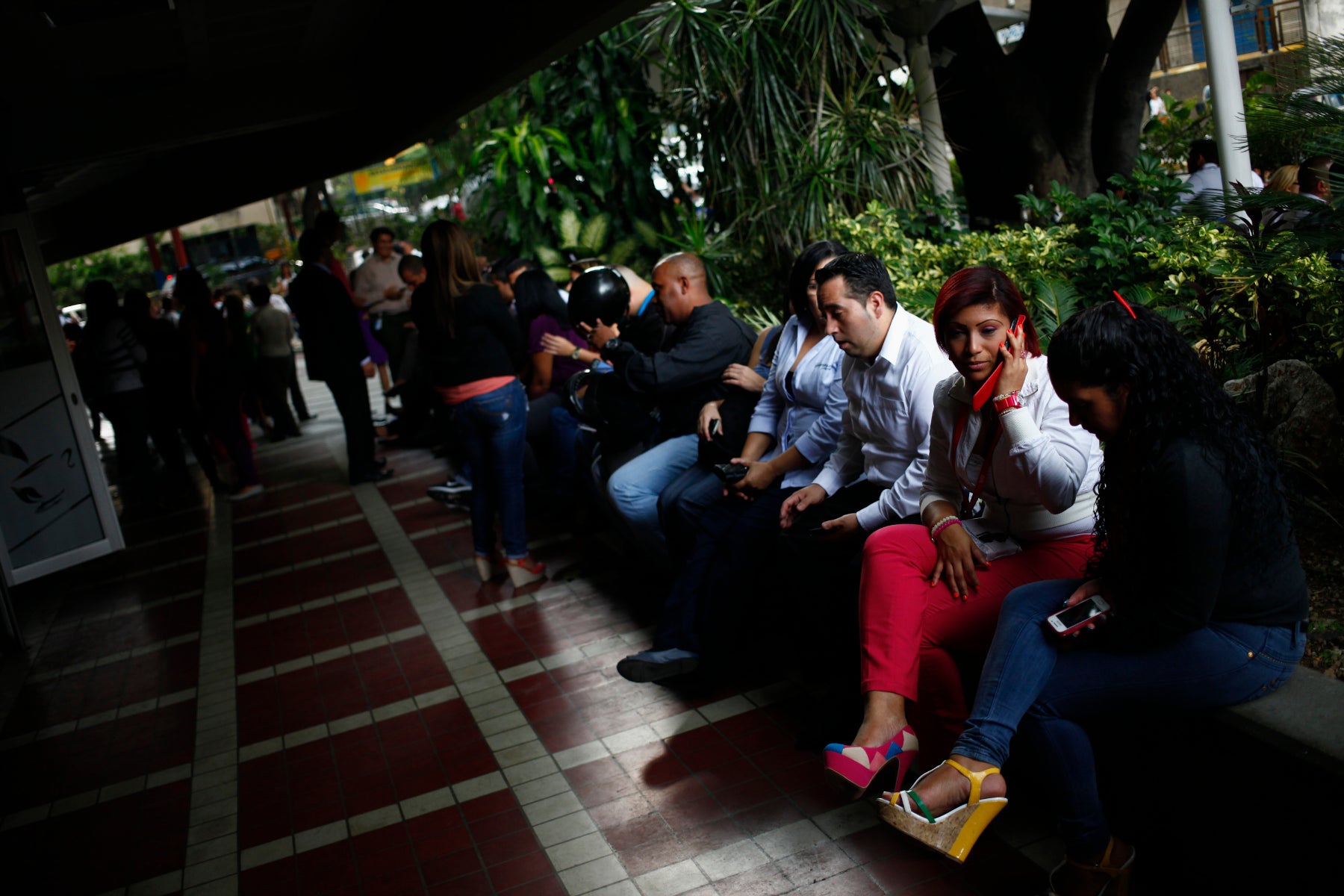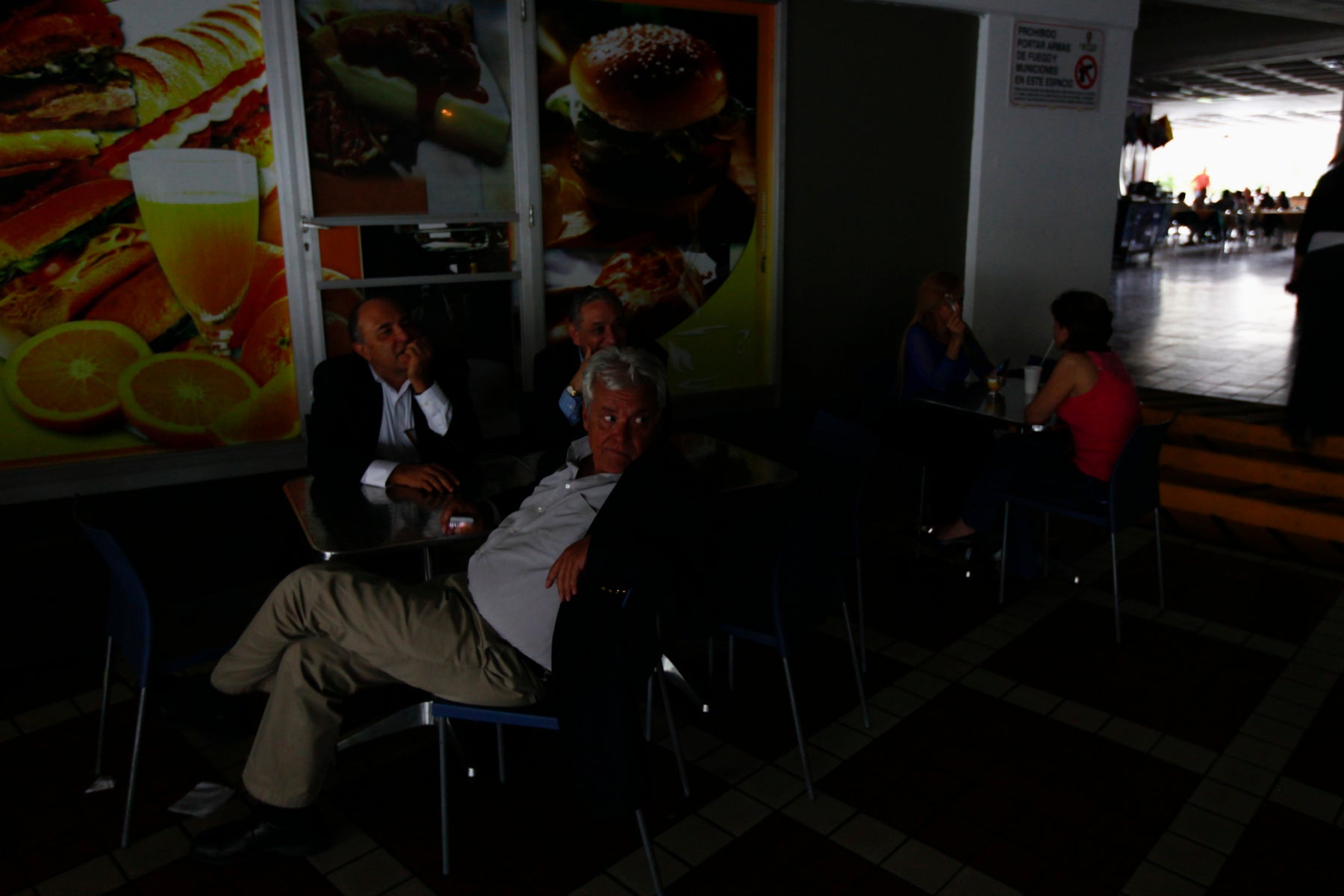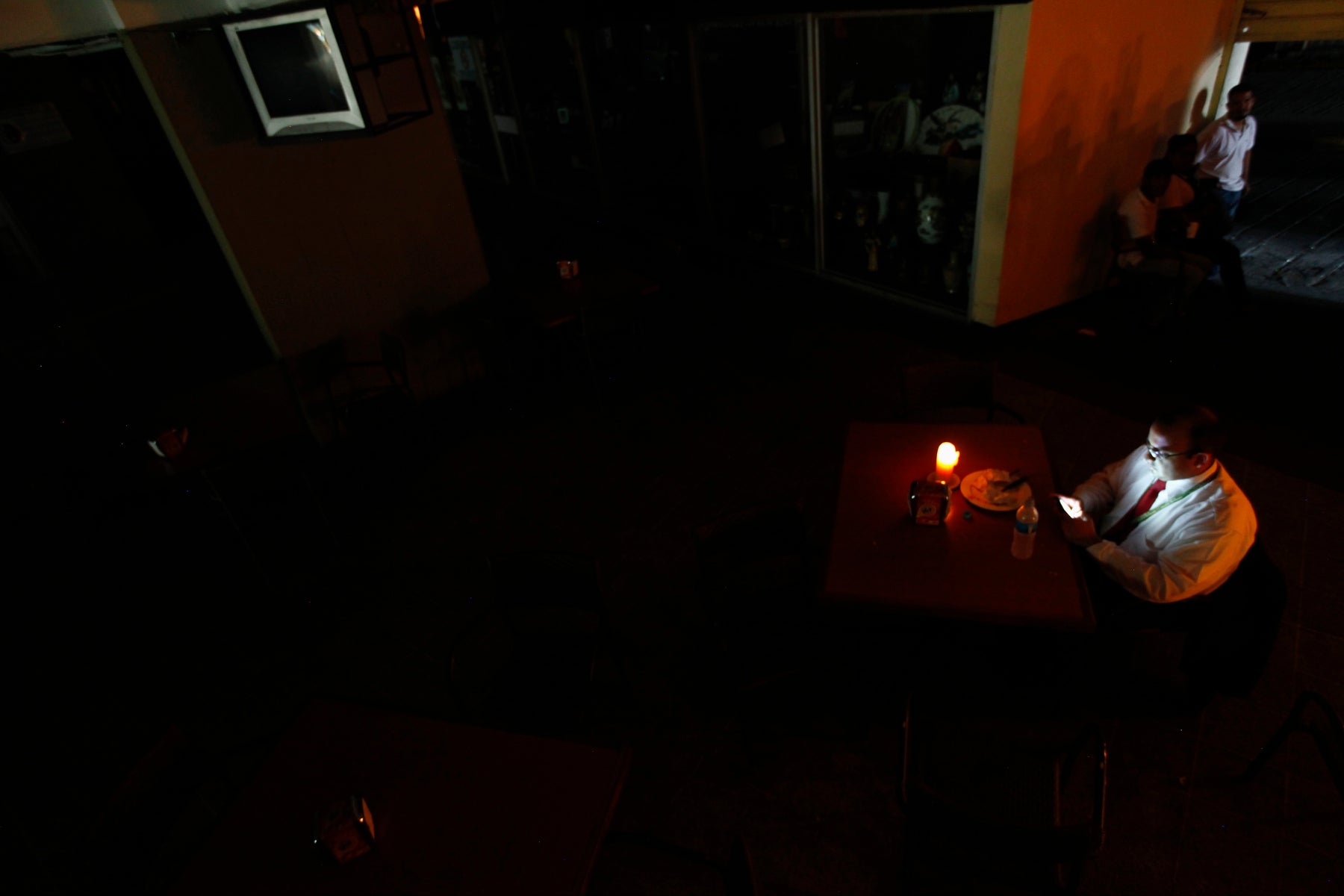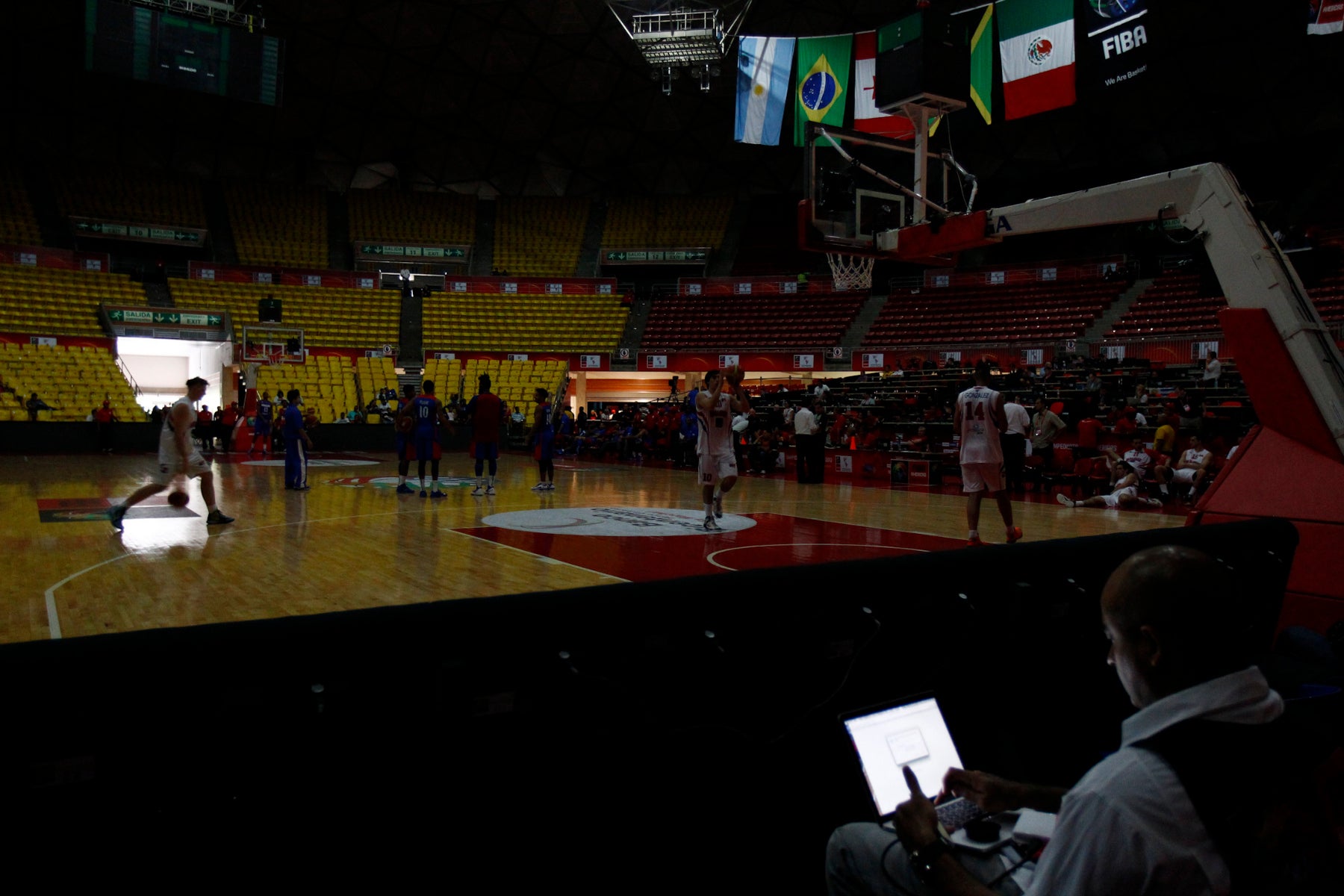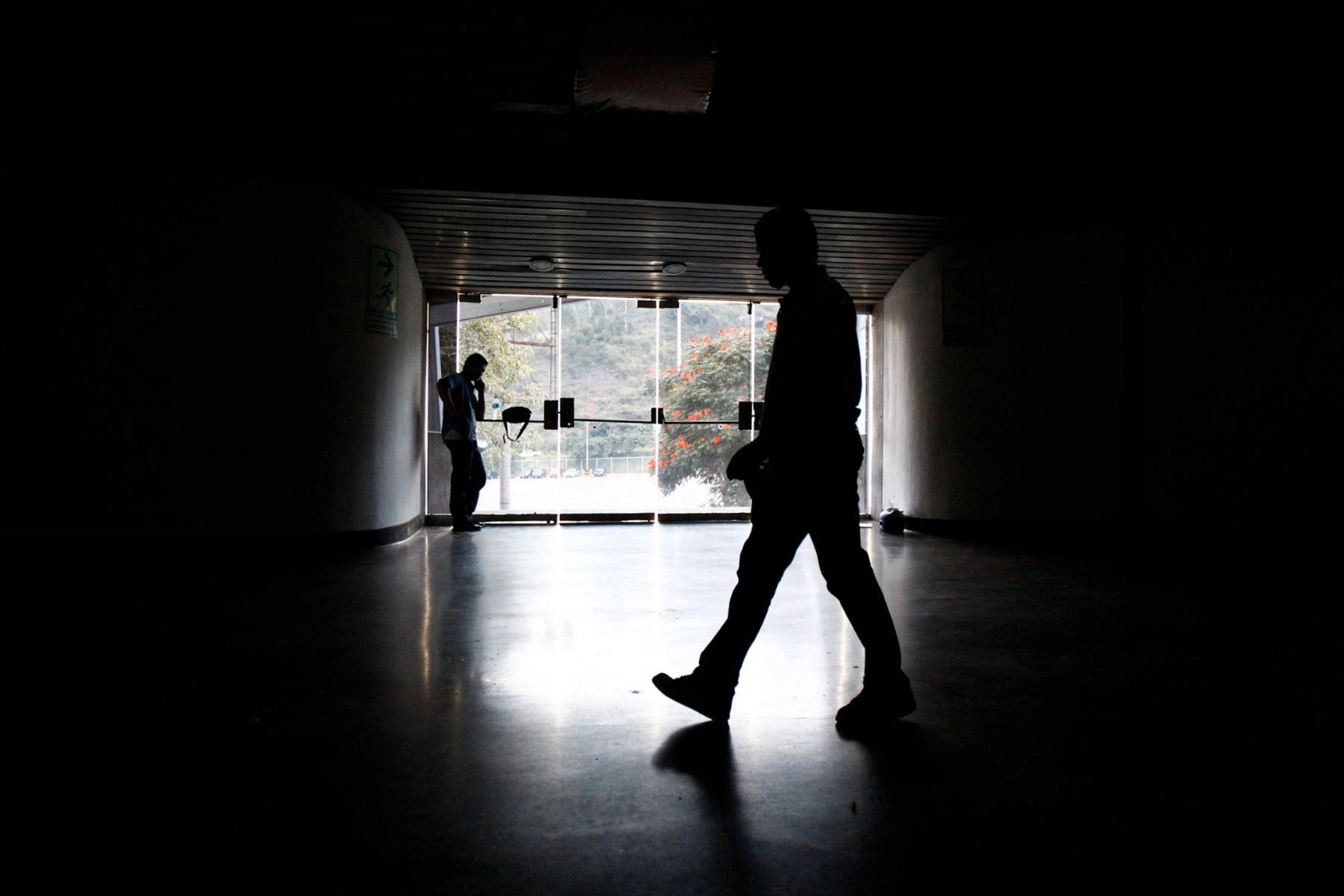70% of Venezuela lost electricity yesterday—including its energy ministry
Venezuela sits on the world’s largest proven oil reserves, and yet it can’t seem to power its streets. In recent years, authorities have been forced into power rationing, and the government hits heavy electricity users with surcharges and hefty penalties. But midday yesterday (Sept. 3), the country underwent a different sort of embarrassment. Half way through the workday, roughly 70% of Venezuela lost electricity.
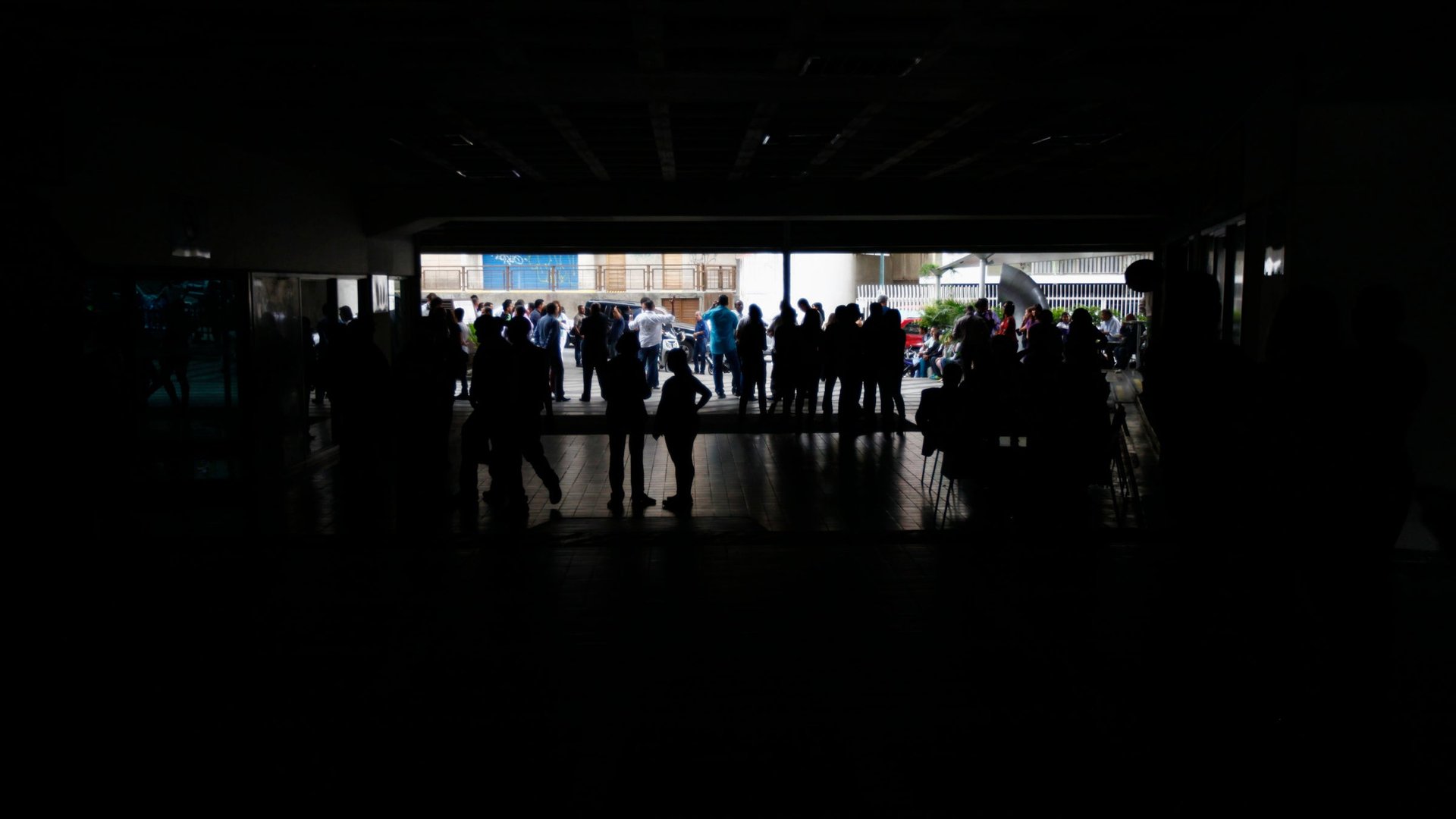

Venezuela sits on the world’s largest proven oil reserves, and yet it can’t seem to power its streets. In recent years, authorities have been forced into power rationing, and the government hits heavy electricity users with surcharges and hefty penalties. But midday yesterday (Sept. 3), the country underwent a different sort of embarrassment. Half way through the workday, roughly 70% of Venezuela lost electricity.
The cause was apparently a malfunction in Venezuela’s “backbone,” which carries electricity from the Bajo Caroni region, where nearly two thirds of the the country’s power is generated. The blackness hit 14 of 23 states, as well as the capital, Caracas, which is rarely affected by the country’s periodic power outages. Many were forced to leave work early in the city, stand-still traffic plagued roads and highways, subway service was temporarily halted, and a number of stalled trains had to be evacuated.
Several government buildings were left powerless too, according the the Wall Street Journal (paywall), including— ironically—the country’s Energy Ministry, which doubles as the headquarters of Petróleos de Venezuela (PdVSA), the state oil company. Some states still haven’t had the power restored. The last time Venezuela experienced a power outage this vast was in 2010, when a drought cut production at Venezuela’s hydroelectric facilities, which accounted for nearly 70% of the country’s power.
Venezuela’s president Nicolás Maduro, who has made a habit of blaming political opponents and foreign agents for everything down to the country’s shortage of toilet paper, lost no time in pointing the finger at them for the power shortage. “It’s evident that behind [the blackout] is the hand of those that want to weaken our country,” he wrote on Twitter. Later, he blamed “sabotage.” Opposition leader Henrique Capriles, who lost to Maduro in elections earlier this year, hit back: “The blackout today demonstrates one more time the terrible incapacity of this government.”
